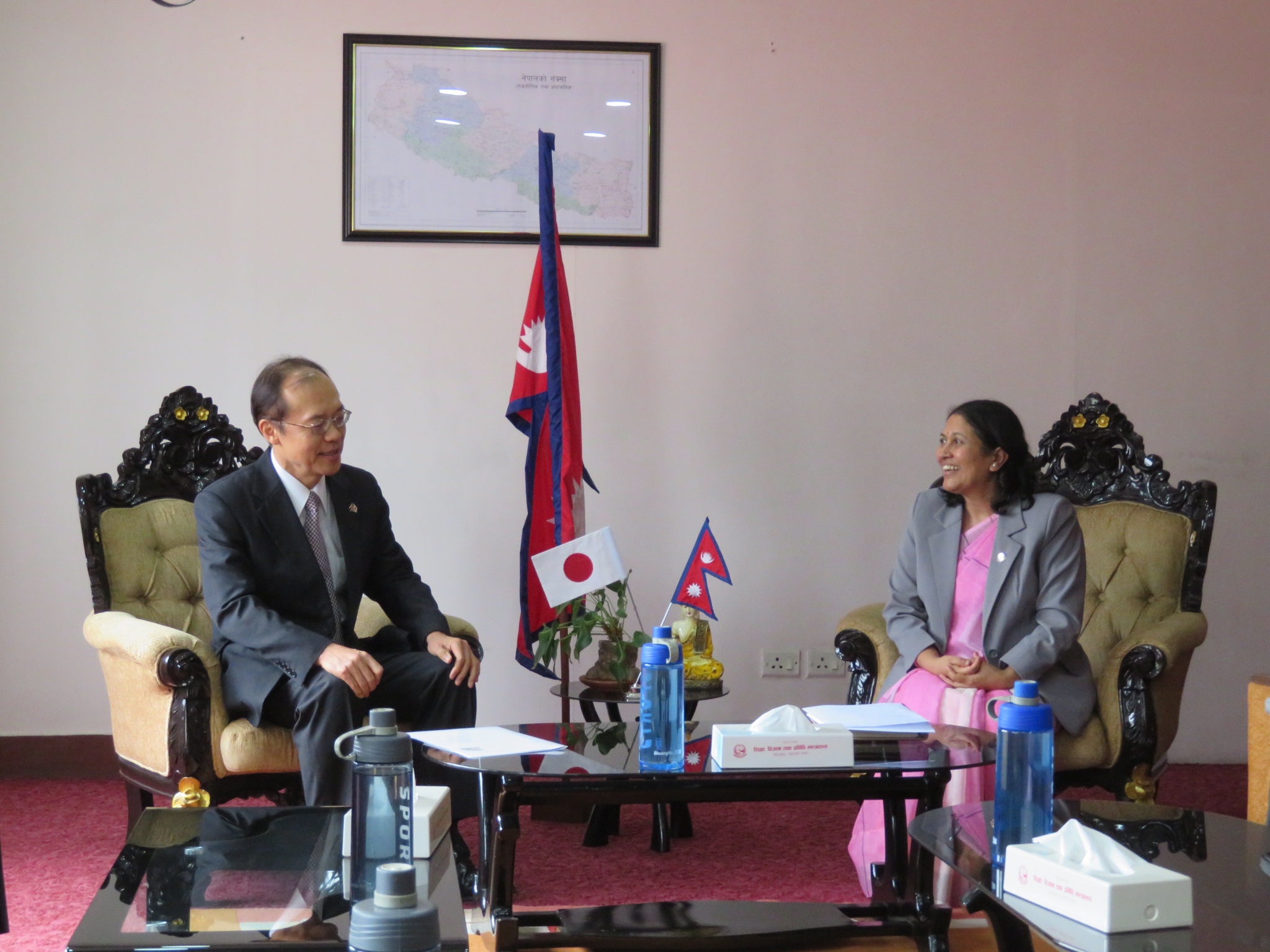
OR
Experts concerned over centralized approach on exercise of financial powers
Published On: August 19, 2017 08:35 AM NPT By: Republica | @RepublicaNepal
KATHMANDU, August 19: Fiscal federalism experts have raised concerns over the two bills related to formation of a national natural resources and fiscal commission and distribution of sources of revenues to the central, state and local levels, stating that they have taken a centralized approach that may lead to concentration of resources at the central level.
Speaking at a meeting of the Finance Committee of the parliament on Friday, they said that the ‘finance follows the function’ principle of federalism has been ignored in the two bills that lays the basis of sharing of financial resources between the three tiers of the government in the federal set-up.
“If we look at the constitution of the country, nearly 55 percent of the functions have been devolved to either provincial governments or local governments. However, 86 to 90 percent of the revenue assignment is with the central-level government if we consider the bills,” said Khim Lal Devkota, an analyst of fiscal federalization and local governance.
The two bills -- the National Natural Resources and Fiscal Commission Bill and the Inter-governmental Fiscal Management Bill -- are currently at the Finance Committee for discussion of the parliamentarians.
The first bill is related to the formation of the commission as enshrined in the constitution mainly for recommending the central government the amount of fiscal transfer to the provincial and local level governments. The latter bill will govern the exercise of financial powers between three tiers of the government, distribution of sources of revenue, budget management and public finance management, among other financial issues.
Experts also opposed a troubling provision in the Inter-governmental Fiscal Management Bill that allows the central government an authority to stop the fiscal grant if a provincial or local government fails to submit a periodic financial report to the central government in time.
“This is a very risky provision. Fiscal transfer is the basic right of a province or local unit. This is a regressive provision,” Devkota said. Dormani Paudel, the president of Municipal Association of Nepal, echoed the thought of Devkota.
“Though the constitution devolved the functions to the lower-level governments, the resources for provincial and local units have been curtailed,” said Paudel, adding: “Even the powers that have been provided to the local units in the unitary system are going to be curtailed.”
According to Paudel, the role of the local unit has been reduced in the fiscal commission’s recommendation-making process. “While the bill says that the commission can consult with the central and provincial government before recommending the amount of fiscal transfer, it is silent over such consultation with local government,” he added.
Experts have also said that some proposed provisions in the bill for the establishment of the fiscal commission undermines the power of the constitutional commission. “The proposed provisions in the bill seek to make the constitutional commission a branch of the finance ministry,” said Krishna Prasad Sapkota, former president of the Association of District Development Committees in Nepal.
You May Like This

Right to information a tool to make public institutions transparent, accountable
KATHMANDU, May 28: Experts working in the field of right to information (RTI) have argued that the right to information... Read More...

Financial experts call for promoting digital finance
KATHMANDU, March 10: Banking experts and stakeholders have said that promoting digital finance system will help bring a large number... Read More...

Amendment more political issue than constitutional: Experts
KATHMANDU, Nov 25: While the main opposition party CPN-UML has been stating that the Constitution itself bars any amendment for changing... Read More...











Just In
- Japanese envoy calls on Minister Bhattarai, discusses further enhancing exchange through education between Japan and Nepal
- Heavy rainfall likely in Bagmati and Sudurpaschim provinces
- Bangladesh protest leaders taken from hospital by police
- Challenges Confronting the New Coalition
- NRB introduces cautiously flexible measures to address ongoing slowdown in various economic sectors
- Forced Covid-19 cremations: is it too late for redemption?
- NRB to provide collateral-free loans to foreign employment seekers
- NEB to publish Grade 12 results next week







Leave A Comment